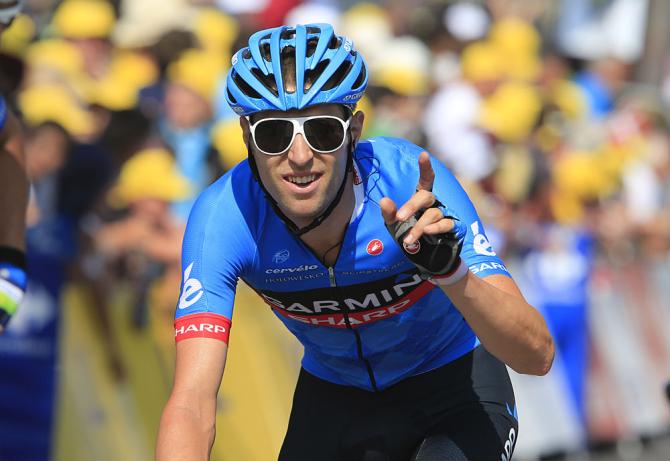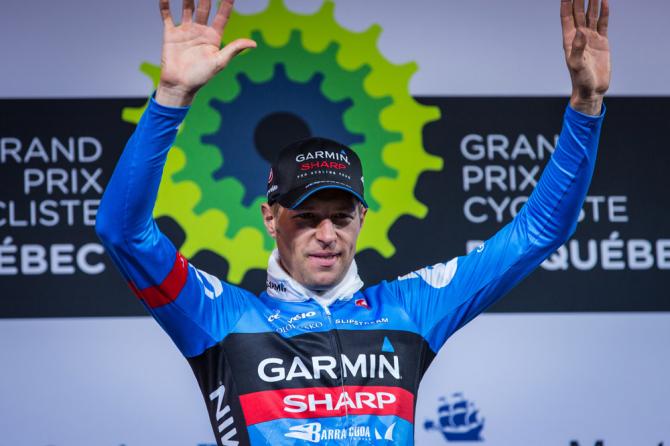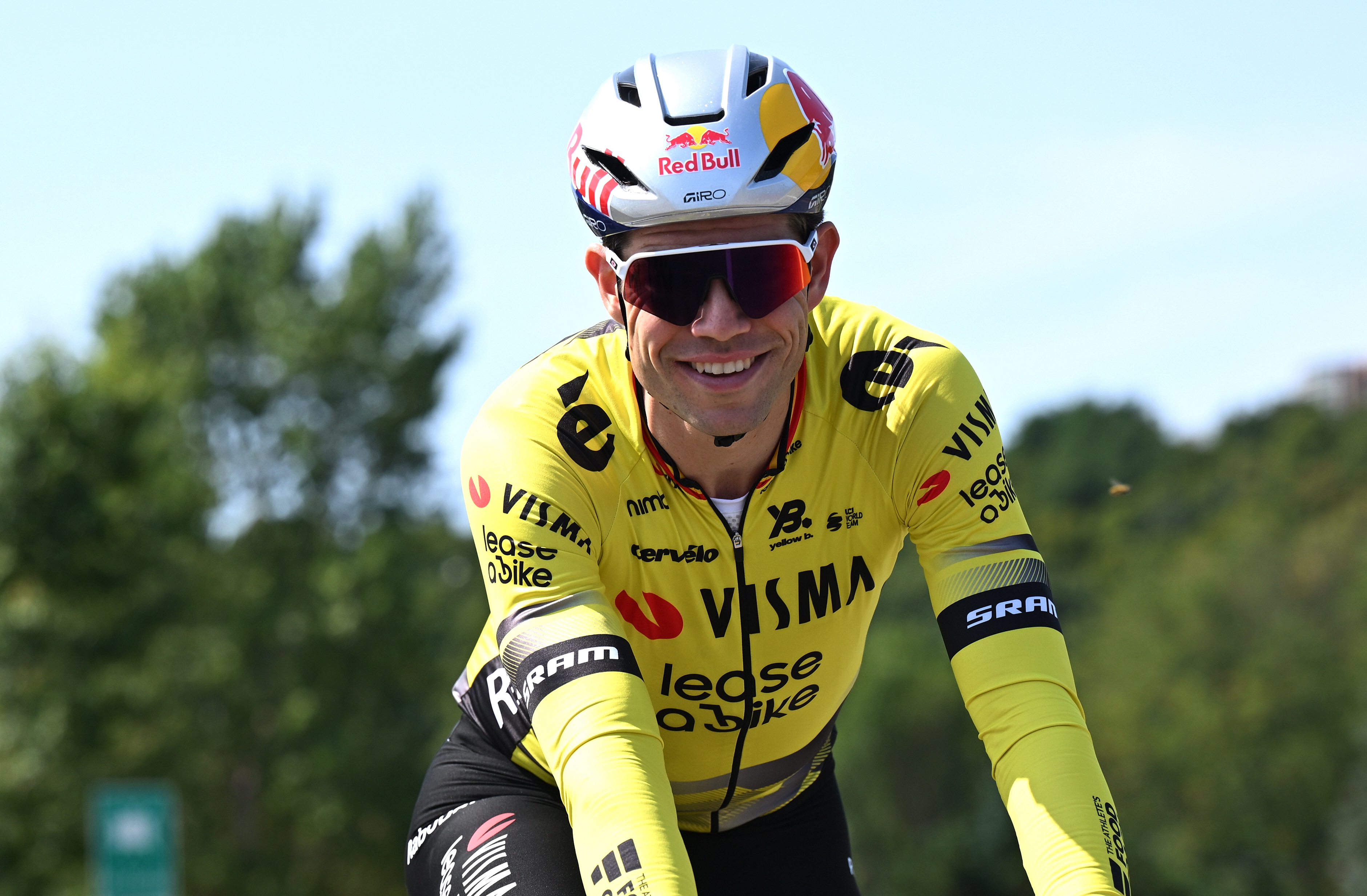Canadian anti-doping confirms no violation for Hesjedal
CCES "disappointed" Hesjedal waited 10 years to disclose doping
The latest race content, interviews, features, reviews and expert buying guides, direct to your inbox!
You are now subscribed
Your newsletter sign-up was successful


The Canadian anti-doping agency, the Canadian Centre for Ethics in Sport (CCES) has confirmed that Ryder Hesjedal had disclosed his past doping activities to it and to the US Anti-Doping Agency in the spring of this year "as part of the CCES’ ongoing investigation into doping in cycling in Canada".
Hesjedal publicly admitted to having doped in 2003 after an excerpt of a book written by Michael Rasmussen was published in the Danish press in which Rasmussen recalls teaching Hesjedal and two other Canadian mountain bikers how to use EPO and cortisone.
"Mr. Hesjedal shared with the CCES and USADA, the information that was disclosed regarding his previous doping involvement," the CCES statement read.
"It is important to note that the World Anti-Doping Code has an eight-year statute of limitations. As such, unfortunately Mr. Hesjedal’s acknowledgement of doping in 2003 will not result in a violation or any sanction."
Although the Garmin-Sharp team and USADA pointed to this sudden need for a public admission as more evidence that the UCI needs to hasten its plans for an amnesty programme for past doping, CCES took a different approach, even admonishing Hesjedal for waiting 10 years to come clean.
"This announcement involves one of Canada’s most elite and accomplished athletes. It is another example of the systemic doping that occurred in cycling over many years.
"The CCES is disappointed that Mr. Hesjedal waited more than a decade to publicly disclose his past involvement in doping. His conduct has deprived many clean Canadian athletes from the opportunity to shine in the sport of cycling."
The latest race content, interviews, features, reviews and expert buying guides, direct to your inbox!
Why the agencies did not disclose Hesjedal's testimony from earlier this year was a matter of policy, the statement continued.
"The CCES regularly meets with athletes and support personnel to gather intelligence about what is going on in the sport community. We do not report publicly on whom we meet with and what is disclosed as we conduct this work. Should any information provided constitute an anti-doping rule violation, this would have been publicly disclosed."

